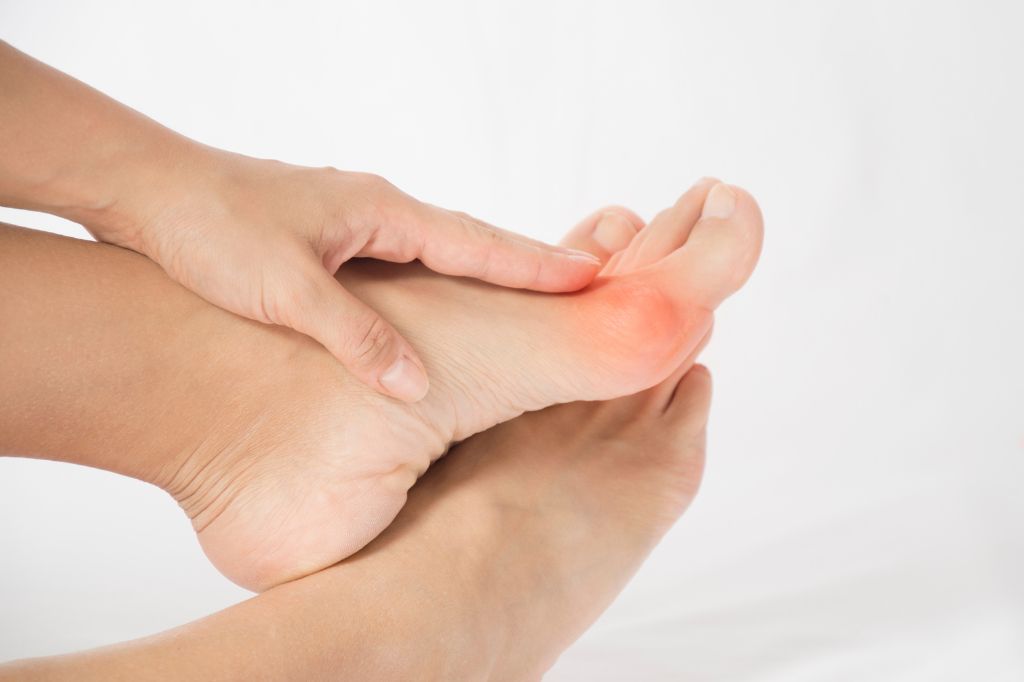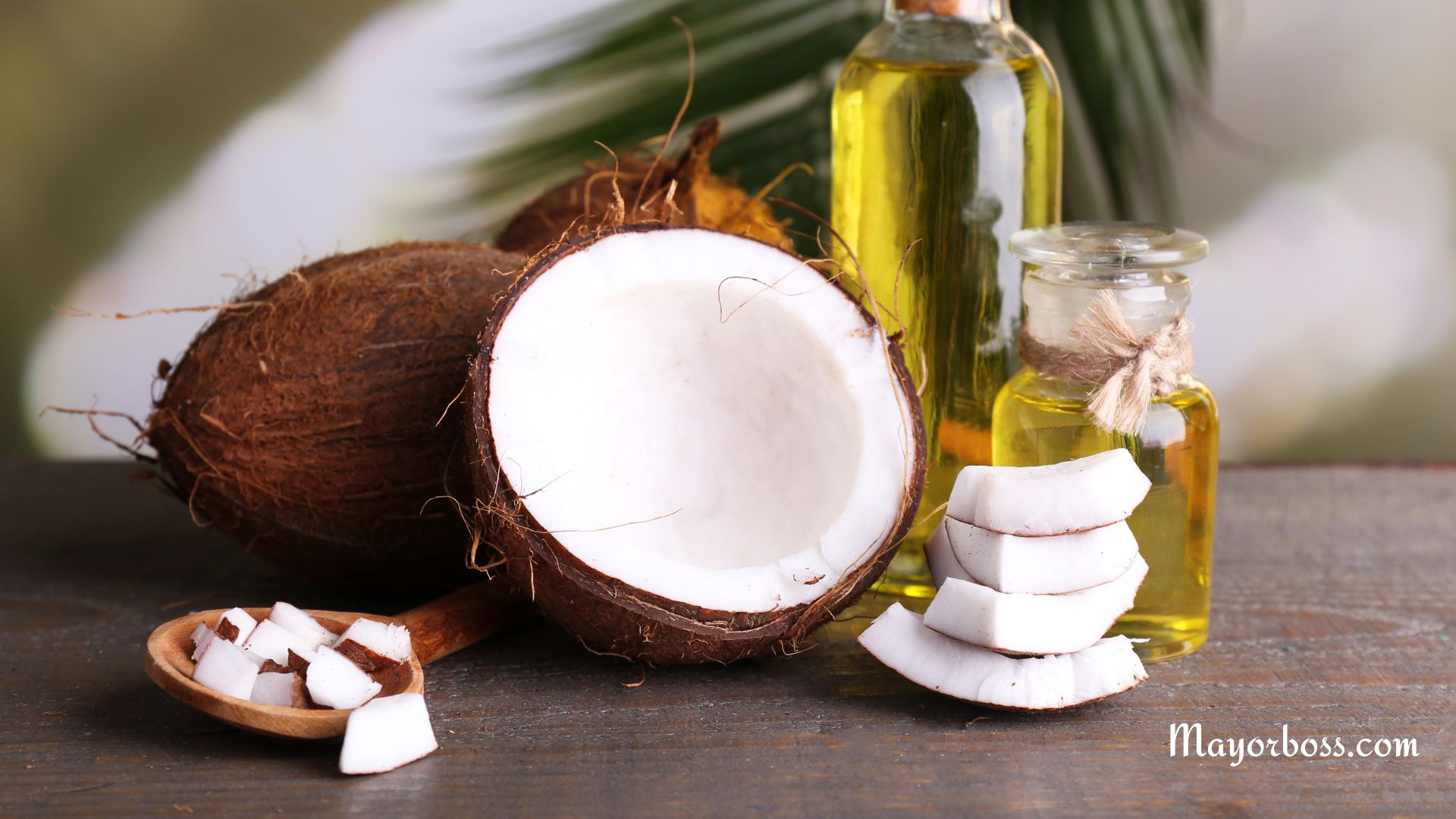You Should Not Take Vitamin D on an Empty Stomach: Here’s Why
Ever reached for that bottle of Vitamin D first thing in the morning, stomach growling, thinking you’re ticking off your health checklist? You might want to rethink that strategy. Taking Vitamin D on an empty stomach isn’t just about comfort; it’s about effectiveness and absorption. Here’s why your approach to supplementing with Vitamin D deserves a second look.

Absorption and Effectiveness
Vitamin D is a fat-soluble vitamin, meaning it dissolves in fats and oils. For optimal absorption, it needs to hitch a ride with dietary fat. Without fat in the equation, Vitamin D struggles to be absorbed by your body. Imagine trying to mix oil and water – they don’t blend well. That’s similar to trying to absorb Vitamin D without any dietary fats present.
When you consume Vitamin D with a meal that contains fats, you’re essentially giving it the vehicle it needs to travel efficiently into your bloodstream. Studies have shown that taking Vitamin D with a meal can increase its absorption significantly compared to taking it on an empty stomach.
Discomfort For Some Individuals
Ever taken a supplement on an empty stomach only to be rewarded with nausea or an upset stomach? You’re not alone. Taking Vitamin D without food can lead to discomfort for some people. This is because supplements can be hard on your stomach lining, and without food to act as a buffer, irritation can occur. This irritation might not just stop at discomfort; it could deter you from taking Vitamin D regularly, impacting your overall levels.
Maximizing Benefits
Vitamin D is very effective for bone health, immune function, and even mood regulation. To reap these benefits, your body needs to absorb it effectively. By taking Vitamin D with a meal, particularly one that includes healthy fats like avocados, nuts, or olive oil, you’re setting the stage for maximum absorption. This means more Vitamin D gets into your system, where it can go to work, supporting your health.
Personal Tolerance and Advice
It’s worth noting that everyone’s body is different. While some might experience discomfort taking Vitamin D on an empty stomach, others might not have any issues. However, for optimal absorption and to minimize the risk of discomfort, the general advice is to pair your Vitamin D supplement with a meal containing fats.
If you’ve been taking Vitamin D on an empty stomach and haven’t noticed any problems, you might wonder if it’s necessary to change your routine. It’s a fair question, and while you might not feel any immediate discomfort, you could be missing out on the full benefits due to suboptimal absorption.
Frequently Asked Questions
What are the best sources of dietary fat to take with Vitamin D?
Healthy fats such as those found in avocados, nuts, seeds, olive oil, and fatty fish are great options to pair with Vitamin D supplementation.
Can I take Vitamin D with just any meal?
While taking Vitamin D with any meal is better than taking it on an empty stomach, meals that contain dietary fats are the best choice for enhancing absorption.
What if I forget to take Vitamin D with a meal?
If you forget to take Vitamin D with a meal, try to take it with a small snack that contains fats. Even a handful of nuts or a few slices of avocado can help with absorption.
Taking everything into account, while it might seem like a minor detail, the timing and context in which you take Vitamin D can significantly impact its effectiveness. By ensuring you take your supplement with a fat-containing meal, you’re not just ticking off a box on your health checklist; you’re ensuring that your body gets the maximum benefit from this essential nutrient. So next time, before you pop that Vitamin D, make sure you’re doing it alongside a meal to support your health truly.






